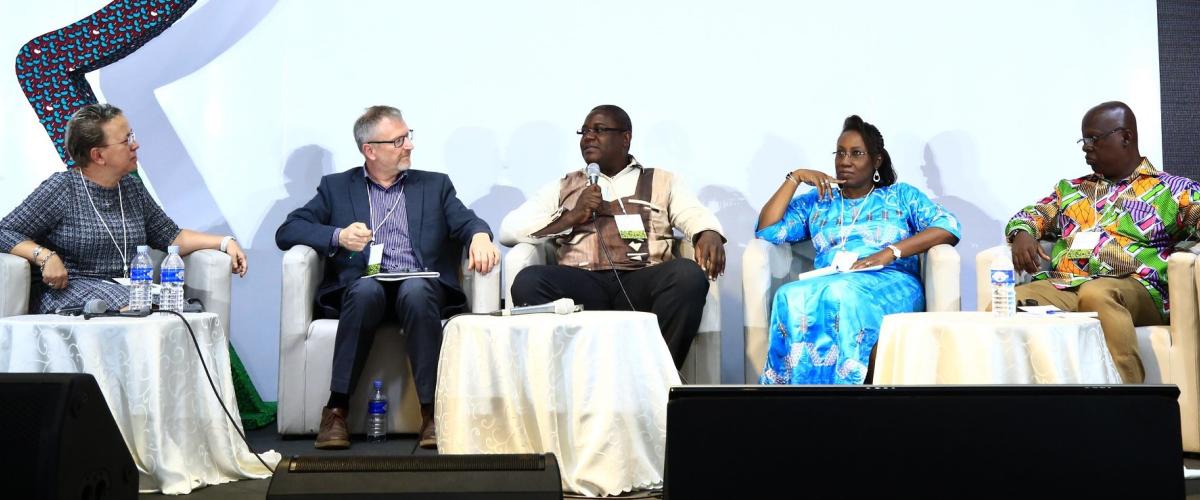
Events
Past Events
A three-day regional forum in Dushanbe, Tajikistan that brought together the heads of emergency situations authorities and other government officials from all five Central Asian countries, as well as experts from international development institutions and academia. Participants discussed measures to tighten regional cooperation and strengthen resilience in the area of disaster risk management. Read more here.
The results of a study produced by a consortium of international experts were presented to Central Asian governments, technical and scientific communities, and development organizations to contribute to better informed disaster risk management and financing activities. Read more here.
The Urban Resilience, Emergency Preparedness and Response Workshop explored how to to strengthen the capability for emergency preparedness and response at the city level, complemented by recommendations to strengthen intergovernmental coordination and financing for disaster risk management. The Workshop was delivered virtually over three days from 16 to 18 August 2022.
A regional four-day workshop held virtually on multi-peril hazard modeling and risk and vulnerability modeling. Participants from across Central Asia learned how to handle innovative risk assessment tools, estimate losses, and explore regional financial solutions to hedge disaster risks. Read more here.
The ninth Cities on the Frontline session of 2022, jointly organized by Resilient Cities Network and the City Resilience Program, will focus on Cities Planning and Adapting to Climate Change Through the implementation of Resilience Road Maps and will allow city stakeholders to hear directly from officials that have participated in the process, understand the specific challenges their cities face, and see what steps they are taking to adapt. Register here and access previous sessions here.
This special session will highlight the benefits of nature-based solutions for climate resilience in cities. It will be an inclusive dialogue to urge an integrated approach to adaptation. The session will also explore the challenges countries face when translating their adaptation plans into action. Register here and learn more about the World Bank's participation at the World Urban Forum here.
